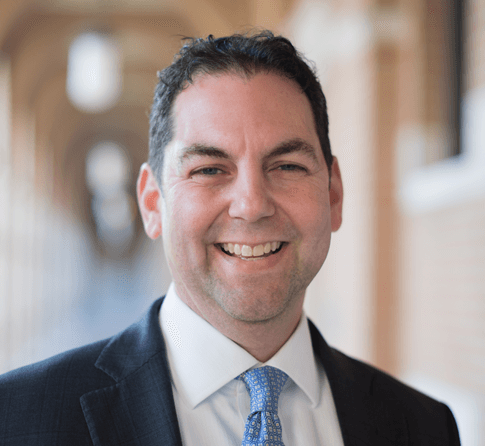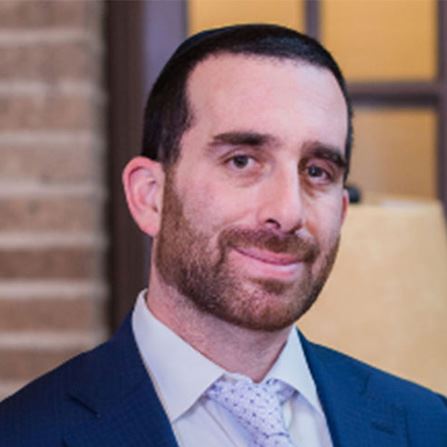Medical professionals employed by the Indian Health Service (IHS) are often at a loss to find competent legal support. Since workplace disputes often involve complex, overlapping issues in medical care, professional licensing, and federal employment law, the bar for qualified legal expertise is high—and so are the stakes.
When a dispute puts your professional reputation and medical license on the line, it’s paramount to seek the support of a qualified Indian Health Service employment lawyer.
Give us a call at (800) 801-0598 or send an online message today to learn how we can assist you.

“I was issued a proposed removal letter at the VA where I work as a nurse, and I didn’t know what to do. I was confused and disoriented. Pines Federal were ready to defend me to the end. This law firm is the best federal government firm out there. I will be spreading the news to my friends and coworkers…”
When to Contact an Indian Health Service Employment Lawyer
Medical professionals working at the IHS can encounter disputes arising from a variety of different areas, including:
- Pay, advancement, and disciplinary proceedings;
- Medical licensing and confidentiality regulations;
- Healthcare standards and professional ethics; and
- Federal employment policies.
IHS employees can sometimes resolve minor issues through internal mediation or other institutional dispute-resolution methods. However, when you’re facing serious allegations of misconduct or threats to your career, it’s essential to seek support from a legal professional.
Here are some common cases that our IHS attorneys can help address.
Allegations of Ethical Misconduct
Healthcare providers are bound by high standards of professional conduct. Claims that they have breached ethical standards can lead to serious consequences from their professional licensing board. Examples of ethical misconduct commonly include violations of patient boundaries, conflicts of interest, or disputes over billing practices.
Professional Policy or Legal Violations
Numerous laws, professional protocols, and procedural guidelines regulate the medical care that IHS employees provide daily. These include standards for preserving patient confidentiality under HIPAA, regulations for prescribing medications, and other provisions of the Indian Health Care Improvement Act. Violating these rules, even unintentionally, can have disciplinary and legal repercussions.
Claims of Medical Negligence or Malpractice
When a patient alleges that you provided substandard care or made a medical error, you could face legal and disciplinary action.
Incidents that can lead to medical malpractice claims include:
- Incorrect or missed diagnosis,
- Surgical errors or unnecessary surgery,
- Birth injuries,
- Failure to warn patient about treatment hazards,
- Improper prescriptions,
- Defective medical devices, and
- Other medical mistakes.
If a malpractice claim has weight, your medical license may be suspended or withdrawn. Healthcare providers can also face civil litigation if a patient claims they suffered harm due to negligence.
Disputes Over Credentials
Maintaining your medical license involves fulfilling continuing education, training, and certification requirements. Your licensing board may temporarily revoke your license to practice medicine if you don’t meet these standards in the required timeline, whether because of personal issues or oversight.
Appealing Disciplinary Actions
Medical professionals facing disciplinary actions from an employer or disciplinary board can benefit significantly from the guidance of an IHS attorney. Federal employees looking to appeal a disciplinary decision must navigate specialized administrative procedures. Legal assistance can help demystify these complicated processes and strengthen your appeal.
Your Legal Rights As an IHS Employee
As federal employees, healthcare professionals working at the IHS have a number of rights and protections.
These include rights outlined by the following laws:
- Title VII of the Civil Rights Act of 1964—bans employment discrimination and harassment based on race, color, religion, sex, national origin, and other characteristics;
- The Americans with Disabilities Act (ADA)—prohibits discrimination against employees with physical and mental disabilities;
- The Age Discrimination in Employment Act (ADEA)—shields employees over the age of 40 from job discrimination based on age;
- The Family and Medical Leave Act (FMLA)—grants eligible employees unpaid, job-protected leave when they or a family member suffers a serious health condition;
- The Uniformed Services Employment and Reemployment Rights Act (USERRA)—protects current or past military service members from discrimination in civilian employment and grants eligible individuals reemployment rights after deployment; and
- The Whistleblower Protection Act—protects employees from retaliation for disclosing information to authorities about legal wrongdoing, ethical misconduct, and dangers to health and safety.
This is not an exhaustive list. To understand the full extent of your rights as an employee, it’s best to consult with an IHS attorney trained in federal law.
How an IHS Employment Lawyer Can Help
The support of a federal employment attorney can be a significant benefit to IHS medical professionals facing disciplinary and legal actions.
Some forms of support a legal advocate can offer include:
- Representing you in disciplinary or administrative hearings,
- Identifying wrongful disciplinary actions motivated by discrimination or retaliation,
- Evaluating potential employment claims under federal law,
- Reviewing and negotiating employment contracts, and
- Collecting evidence to refute allegations of misconduct or malpractice.
If you’re concerned about a disciplinary or other workplace dispute, don’t wait to get the help you need. The longer you wait to consult with an attorney, the greater the risk of compromising your situation or losing valuable evidence.
Pines Federal: Protecting the Rights of IHS Professionals
At Pines Federal, we’re proud to defend the rights of physicians and other health professionals employed by the Indian Health Service across the United States.
Our attorneys have extensive training in federal law, medical terminology, and the inner workings of the Indian Health Service system—and we have the track record to prove our dedication to you.
With over 60 years of combined legal experience, we bring our clients deep knowledge and strategic insight that other firms lack. To learn how we can help, contact our office online or by phone at (800) 801-0598 today.




